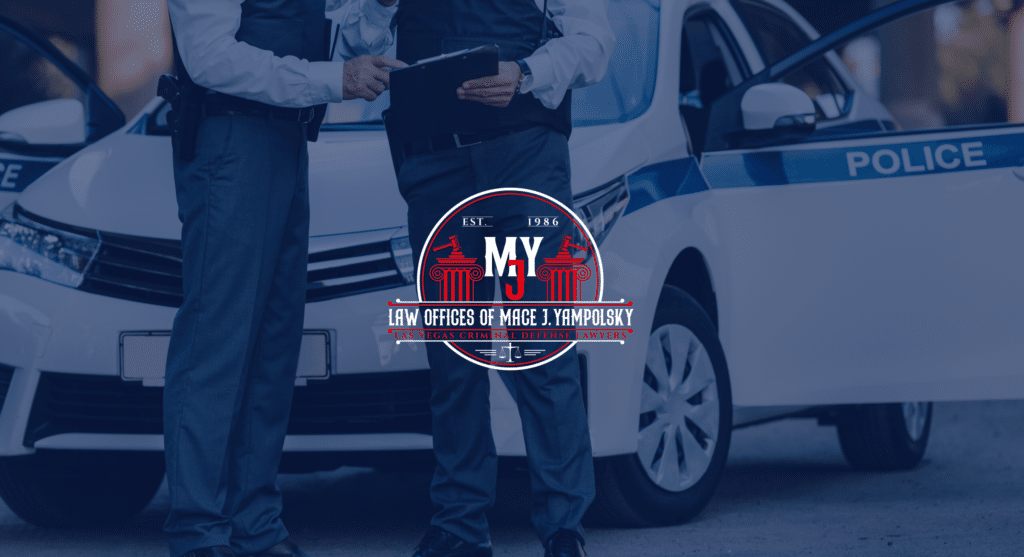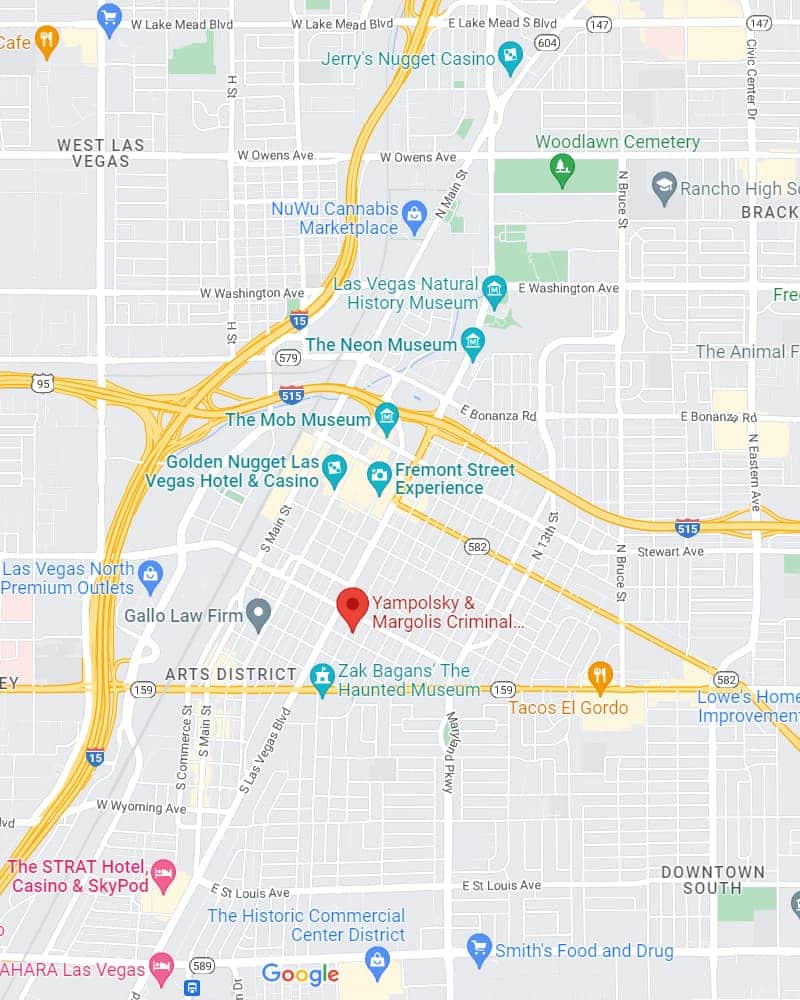There are a couple of ways to handle this situation. Some people might tell the officer they only had one
or two drinks, which may or may not be true. The driver does not actually have to answer any questions,
but the police usually try and bully them, which is why most people end up answering their questions.
You must identify yourself, if you provide license, registration and proof of insurance, you have identified
yourself. You would not need to answer any questions. (easier said than done)
The back of my business card lists several things that one should say in this situation. The first thing the
person should say is, “I want to talk to my lawyer. I do not want to take any chemical tests”, which would
mean the person was not agreeing to any of these things without their lawyer being present, and this is a
constitutional right.
The officer may tell the person they did not have a right to talk to their lawyer, which is accurate in Nevada.
But, he or she could say they did not want to waive any of their constitutional rights. The back of my card
also states: “I want to exercise my right to remain silent, consult with a lawyer without exception. I do not
want to talk about giving up my rights until I’ve consulted my lawyer. I want to call my lawyer. I do not
consent to a search of any kind, any test, any line ups, or any other identification procedures.”
Nevada law just changed regarding consenting to a blood test or a breath test. If you don’t consent
voluntarily to a test at the police station, you will lose your license for an additional year. I tell people that
if they have been pulled over, they should keep their license, registration, proof of insurance, and my card
in a convenient place. If you are not able to find these documents quickly, the officer may assume that you
are confused because you could not find your license. This is an indication of alcohol impairment.
The Police Might Try To Force Suspects To Incriminate Themselves
Sometimes the police may try and bully you. They know that the information you provide the police, the
easier it is to convict you. They ask you, why won’t you talk? What are you hiding? Why won’t you cooperate?
Why won’t you do these roadside tests? But, you have an absolute right to refuse. Doing the tests will NOT
help you.
You could just remain silent and not say anything, in which case the officer would probably get angry. Or
you could just tell the officer that you would like to invoke their right to remain silent. Someone who was
under the influence of alcohol would probably be slurring their words. This could become a probable
cause for the arrest. Some people might be really aggressive and just refuse to answer any questions.
I always advise people to not do any roadside tests, no FSTs and no preliminary breath test (PBT). You are
not required to do them by law. Some people say they just do not want to do them. Some people say their
lawyer advised them not to do them. This usually upsets the police. I would rather have the police get
upset because my client did not do the tests, than for my client to do the tests and provide the police
more incriminating information.
But, you would not help yourself by slurring your words. I advise not to get into a discussion about
constitutional law, such as the 5th amendment guaranteeing their right to remain silent, or the 6th
amendment guaranteeing your right to a lawyer. The less you say, the better.
I think a better way to handle it would be for you to say you had a friend who is a police officer. He told
you never take the test. It is difficult for the police officer who wanted you to do the FSTS to contradict a
brother officer.






